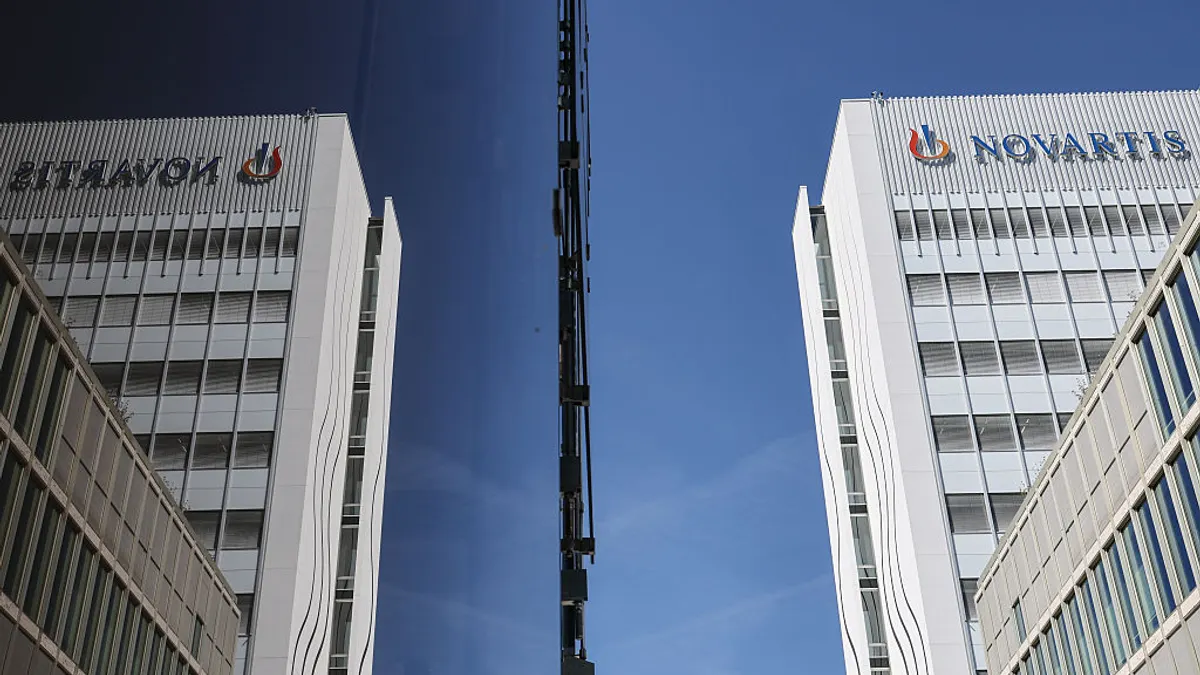August 11, 2025 — In a major advance for autoimmune therapies, Novartis has announced that both of its pivotal Phase III trials—named NEPTUNUS-1 and NEPTUNUS-2—of the monoclonal antibody ianalumab (development code VAY736) successfully met their primary endpoints. The studies, which collectively enrolled 779 adults with active Sjögren’s disease, showed statistically significant reductions in disease activity at 52 weeks compared to placebo, measured via the validated EULAR Sjögren’s Syndrome Disease Activity Index (ESSDAI).
A Dual Mechanism Targeting the Root Cause
Ianalumab functions with a two-pronged approach:
- Depletes B-cells, which are central to autoimmune activity, and
- Inhibits the BAFF receptor (BAFF-R), crucial for B-cell survival—effectively disrupting the underlying immune dysregulation driving Sjögren’s disease
Safety and Tolerability
Remarkably, the drug demonstrated a favorable safety profile and was well tolerated across both trials, underscoring its potential suitability for long-term use in chronic disease management.
Industry First: A Potential First-in-Class Treatment
These results represent the first-ever global Phase III success for a Sjögren’s disease treatment addressing disease activity rather than just symptoms. If approved, ianalumab could become the first targeted therapy available for this debilitating autoimmune condition, where treatment options have long been limited.
Resetting the Game in a Challenging Landscape
Novartis’s success comes after earlier setbacks in Sjögren’s drug development—including the abandonment of its anti-CD40 antibody iscalimab earlier this year due to an undifferentiated clinical profile. Other companies, such as Sanofi and Kiniksa, similarly withdrew from Sjögren’s programs after Phase II disappointments. This makes ianalumab’s breakthrough all the more significant.
Strategic & Market Implications
- Regulatory Pathway: Ianalumab has already received Fast Track designation from the U.S. FDA, allowing for accelerated regulatory review.
- Upcoming Data Disclosure: Novartis plans to unveil full trial results at upcoming medical conferences and promptly pursue regulatory filings globally.
- MorphoSys Acquisition Payoff: The success validates value from Novartis’s 2024 acquisition of MorphoSys—where ianalumab originated—and could inject significant momentum into the autoimmune pipeline.
Broader Therapeutic Context
Patients with Sjögren’s disease suffer from chronic dryness, fatigue, pain, and often develop systemic complications—yet current care focuses on symptomatic relief (e.g., artificial tears and immunosuppressants). Ianalumab’s approach marks a shift toward disease-modifying therapy.





